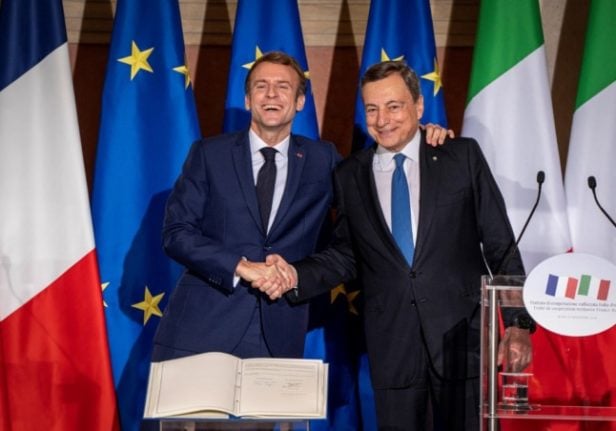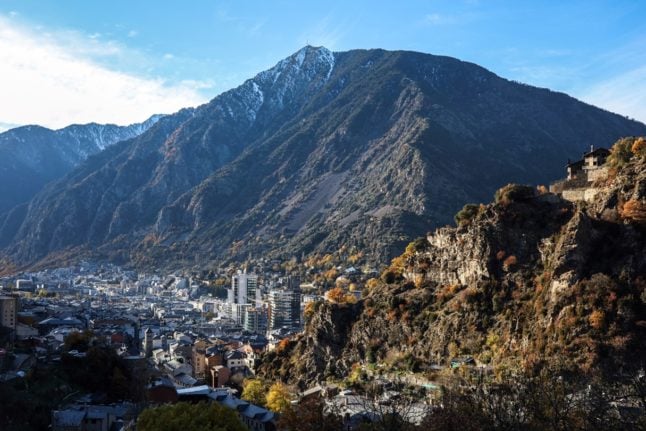French President Emmanuel Macron and Italian Prime Minister Mario Draghi called on the EU on Thursday to reform its fiscal rules in order to allow greater investment spending while acknowledging the necessity to reduce debts.
“Just as the rules could not be allowed to stand in the way of our response to the pandemic, so they should not prevent us from making all necessary investments,” the French president and Italian prime minister wrote in a joint column published on the Financial Times website.
Macron had already said on December 9 that he intended to make a reform of the so-called Maastricht criteria one of his priorities when France takes over the rotating EU presidency next month.
He argued that the rule that a member country’s public deficit should not exceed 3.0 percent of its gross domestic product was outdated.
Now with the backing of his Italian counterpart, he reiterated his stance on Thursday, addressing EU members who had expressed reservations about adopting an exceptional post-pandemic recovery budget.
Germany’s new chancellor, Olaf Scholz, for one, is more reserved about a possible reform of the fiscal rules.
“There is no doubt that we must bring down our levels of indebtedness. But we cannot expect to do this through higher taxes or unsustainable cuts in social spending, nor can we choke off growth through unviable fiscal adjustment,” Macron and Draghi wrote.
“We need to have more room for manoeuvre and enough key spending for the future and to ensure our sovereignty,” they continued.
“Debt raised to finance such investments, which undeniably benefit the welfare of future generations and long-term growth, should be favoured by the fiscal rules, given that public spending of this sort actually contributes to debt sustainability over the long run.”
According to Macron’s office, the French leader is hoping that an informal summit of EU heads of state and government will be able to draw up “a quantified estimate of investment needs.”
The rules “will have to evolve accordingly, including competition and trade rules, but also European budgetary rules… which must be adapted to the challenges of the time,” it said.



 Please whitelist us to continue reading.
Please whitelist us to continue reading.
The OECD won’t be very happy. They think current French debt is unsustainable.
Another fiscal fudge. Yummy.